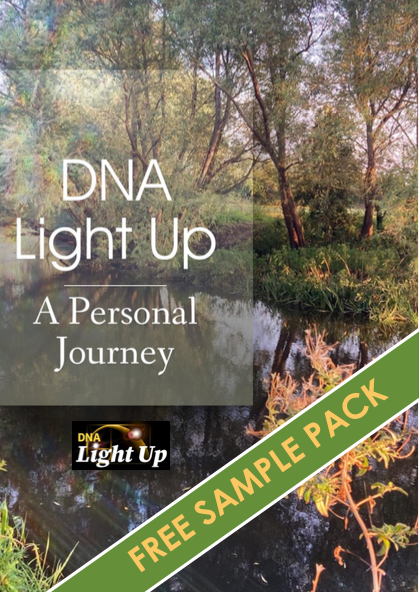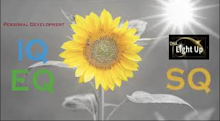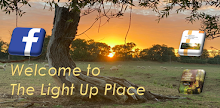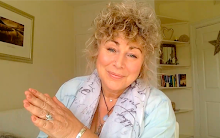Yesterday I read another chapter from my old favourite, "You Can't Afford the Luxury of a Negative Thought" that has really got me thinking. Referring to the story of Pandora and her box of evils, the reader is encouraged to consider Hope as an evil, rather than the more traditional interpretation. This is what the authors say:
"...when Pandora opened the box, all the evils of the world escaped. The last evil inside was hope. What happened to hope is not clear. Some stories say it remained inside; others say it got out. But all agree that hope was the last item in the box."
Most people interpret this as good news - yes, evil has been added to the world, but we've been given hope so that we can take care of all that evil.
The Greeks, however, considered Hope to be as dangerous as all the worlds evils. Some people believe, therefore, that Zeus provided hope as the worst suffering for humankind. He did not want man to throw his life away, no matter how much the other evils might torment him, but rather to go on letting himself be tormented anew. To that end, he gives man hope. In truth, it is the most evil of evils because it prolongs man's suffering.
As the book says, perhaps if it wasn't for Hope, then we'd have cleared up all the evils of the world - we'd have sent them packing back in to the box! But what Hope does, is allow us to tolerate evil and just hope it's going to go away. So, when I looked at it that way, I realised that Hope, rather than being something positive, can in fact make us inactive. In that respect, I agree with the Greeks that it is one of the worst evils, for it can be insidious and lull us in to a false sense of security.
This, in my opinion, is the danger with some forms of 'positive thinking' - and, indeed, a danger to which I fell foul myself all those years ago when mum fell ill as you'll have read in a previous post. Rather than speaking out or trying to get something done, we instead chose 'hope' as our only sword.
"I hope it will get better tomorrow" we can sigh to ourselves, while doing nothing to actually create a better tomorrow. By giving in to this particular type of hoping we're actually giving away our power. This kind of hope is the kind of hope that inspires passivity, resignation and stagnation. As Francis Bacon said, "Hope is a good breakfast, but it is a bad supper".
Yet I also believe there IS a good use for hope and hoping. One where we use it to lift our spirits, to give us belief, and still take positive action at the same time. By remaining hopeful, choosing to believe that there is a good outcome (no matter the evil we're facing) then we can use that to propel us forward and take action to work through our problems and find the right solutions. To quote the book again:
"You can hope things will get better - as a form of holding a positive image of completion - and that's fine. But if you're not taking specific, energetic and frequent actions to make things better, you've got the wrong kind of hope working for you - or, more accurately, working against you"
So now I am running an automatic internal check each time I find myself using the word 'hope'. I ask myself whether I'm using it as a replacement for action, or as a fuel for action. And that, although a seemingly tiny shift, I believe it's actually a major change - as is so often the case.
I have a copy of the painting Hope, by George Frederick Watts, hanging in my office. It was painted by my great grandmother, and has with it a letter from the artist, granting her permission to copy his painting. It depicts a blindfolded lady, sitting on top of the world and holding a lyre in her hands. To me, it always signified that there was always hope even in the face of the worst trials. Now, however, I'm seeing it with new eyes. I see it now as a reminder to avoid 'blind hope' and instead remember my inner power and take appropriate and matching action!






No comments:
Post a Comment